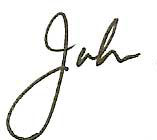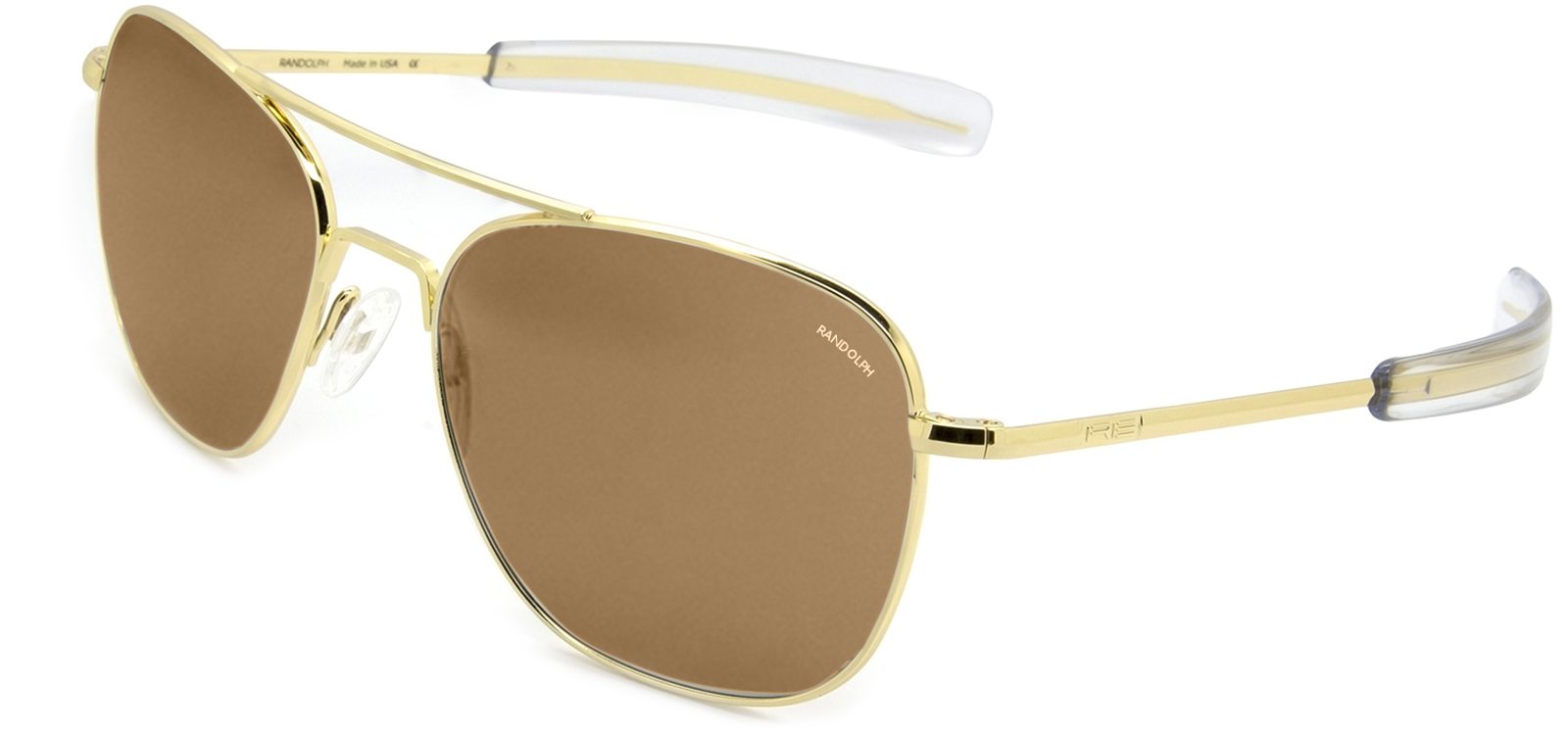Naval Aviator Sunglasses
Welcome to our post. As pilots we are always looking for the best products for pilots, and today we are looking at the best pilot sunglasses for naval aviators.
It might surprise you to learn that the U.S. Navy through it's Naval Aerospace Medical Research Laboratory decided to research the effect of sunglasses and sunvisors on vision for naval pilots.
The Ideal Military Aviation Sunglass
In searching for the ideal military aviation sunglass for naval pilots the created a report titled "Toward The Ideal Military Aviation Sunglass":
"Sunglasses and sunvisors affect vision, but can they actually improve it? The
effects of sunglasses on vision were modeled considering:
- 1) Duntley and Middelton's theoretical treatment of the propagation of light through the atmosphere;
- 2) the dependence of light scatter on wavelength;
- 3) Blackwell's extensive "Tiffany" data base describing human visual sensitivity to incremental, contrasting spot stimuli; and
- 4) human spectral sensitivity.
With these factors, sunglass and visor characteristics were identified that maximize the range for detection of small objects. The ideal sunglass or visor thus identified increases the range at which objects can be detected by an average of 5% compared to the naked eye.
By comparison, the standard 12% neutral filter currently used for aviator sunglasses decreases naked eye range by about 5%.
This paper provides a theoretical framework that could be used in the design and evaluation of sunglasses and visors in environments where vision is critical."
The Problem
The current standard military aviation sunglass, a neutral gray filter, was designed to minimally affect vision and to be as widely useful in as many environments as possible. This sunglass was not designed to optimize any particular visual task in any particular environment.
Threshold target detection distances were calculated for the unaided eye and for standard military sunglasses using several atmospheric visibilities (meteorological ranges) from very good to very bad. We then identified the spectral filter that would optimize target detection distance for each of these visibility conditions.
This spectral filter is the theoretical ideal sunglass for the particular conditions examined.
Findings:
1. The results of our model indicate that under all but the poorest conditions of visibility, the standard military sunglass, in comparison to the unaided eye, produced a reduction in target detection distance ranging from 1.9% to 7.2%. The greater the meteorological visibility, the greater the visual loss through the standard military sunglass.
2. The model also shows that under all visibility conditions the optimal sunglass, in compariso,, to the unaided eye, produced an increase in target detection distance ranging from 4.4% to 5.9%.
3. Finally, the model indicates that under all visibility conditions the theoretically ideal sunglass will produce target detection distances from 6.5% to 11.2% greater than the target detection distances of the standard military sunglass. The better the meteorological visibility, the rmore the ideal sunglass outperforms the standard sunglass.
Recommendations
The results of this study could be incorporated into a military specification (MILSPEC) for sunglasses by adding the following requirements:
- a. The sunglass should permit detection of a standard target under standard conditions at ranges at least as great, or x% greater, than that permitted by the naked eye.
- b. The sunglass should permit acuities within 90% of the maximum.
- c. The sunglass should pass no greater than 30% of incident light.
- d. The sunglass should be compatible with head up displays (HUDs) and other instrumentation.
Mil-S-25948J
Today this is the document used to order sunglasses from suppliers, and it has been updated over the years to reflect the current state of affairs for naval aviators.
As technology improves this document is updated in order to provide the very best sunglasses to pilots in the U.S. Navy.
The current contract holder is Randolph Engineering, Inc. in Randolph, MA. They have held this contract since 1982.
You can find Randolph sunglasses that exceed these requirements on our website at Naval Aviator Sunglasses.
In the meantime, keep your wings straight and level Hersch!


ps: Please share "Naval Aviator Sunglasses" with your friends on Facebook.




Leave a comment
This site is protected by hCaptcha and the hCaptcha Privacy Policy and Terms of Service apply.